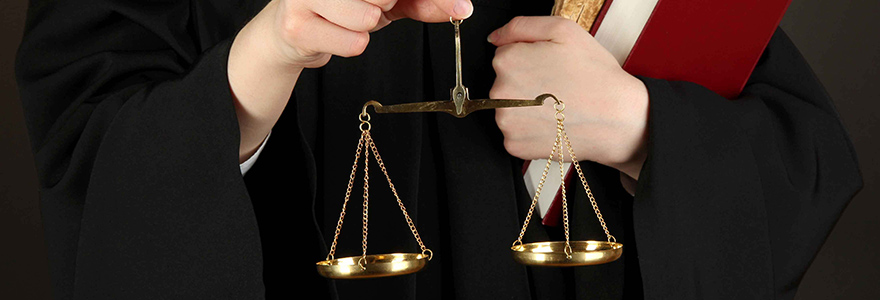
Even though he has a fascinating job, the lawyer may be sometimes taken lightly, either by being seen as a crook, or as someone who offers overpriced services. However, it is actually an honorable job and lawyers have a strict deontology, which they must follow. Morover, if a lawyer does not, and if there is proof that he did so, the related sanctions will be consequently severe.
The three different types of lawyers
His cliché shows him as a good speaker with theatrical skills. The lawyer’s duty is, however, vital to the society just as firemen, policemen, and teachers. Normally, we distinguish three different types of lawyers : Business Lawyers, whose income depends on the companies he works for ; Criminal Lawyer, whose job consists in defending people who are accused of crimes or offenses ; and the Civil Affair specialist, such as divorce and successions.
However, most of the new lawyers work almost in every field and plead for independent clients as well as companies. And if the Law Man’s reputation, in black clothes, savagely defending his clients, requires a certain number of qualifications, Civil Affair Lawyers are those who earn the dimmest sum of money as remunerations, except maybe the best ones.
Since a couple of years ago, Business Law offers good opportunities. The same goes for the Social Security Law, Retirement Law, or Brevet Law are very lucrative for lawyers. Of course, a lawyer may open his own office, be a collaborator, or an official. In that last case, he does not have the status of a liberal professional, and can no longer develop his personal clientele.
A lawyer’s competence
What can be demanded from a lawyer ? What kind of abilities can define him ?
A lawyer is always able to provide legal advice, help, and defend his clients, whatever their case is. There are, in fact, different fields of specialization. However, any lawyer can put his client on the right track and enlighten his path whatever his situation may be.
A lawyer’s training
A lawyer must at least have a mater 1 in a Law University, even if, usually, they go up to master 2. He also must be a holder of the entry exam of one of the existing Law Universities, after 12 months in the Juridical Studies Institute. He must have also followed a training of one and a half years of course, training, (individual professional project), and be a holder of a professional aptitude certificate. The lawyer may, then, take the oath, and start working.